There have been countless studies performed on the role of protein in the muscle growth process to try and determine exactly how much protein you should consume to build muscle mass. Recently, several studies have looked at the role that dietary protein plays in helping you lose fat, and more importantly, helping you keep it off!
One thing scientists have discovered is that eating lean protein foods is important for regulating body composition because it decreases your appetite.
In a 2003 study reported in the journal Current Opinion in Clinical Nutrition And Metabolic Care (2003; 6(6): 635-638), protein was shown to be more satiating (made you feel fuller) than both carbohydrate and fat both in the short term and the long term.
Eating more lean protein foods has also been proven as an effective strategy to help you burn fat and keep it off because of something called, “dietary thermogenesis” (also known as the thermic effect of food).
In a study published in the British Journal of Nutrition in 2005 (93(2): 281-289), researchers followed a group of 113 overweight subjects after 4 weeks of a very low calorie diet, through a 6 month period of weight maintenance. The subjects were divided into a protein group or a control group. The protein group was simply given an extra 30 grams of protein per day on top of their usual diet.
The researchers found that during weight maintenance, the group with the higher protein intake was less likely to regain the lost weight, and any weight gain in the protein group was lean tissue and not fat. The results were attributed to higher thermic effect and a decrease in appetite.
Although calories will always be the bottom line when it comes to fat loss, studies such as these are confirming what bodybuilders have known for a long time: That calories are not the only factor that can influence your body composition. Your protein intake and your ratios of protein relative to carbohydrate and fat can clearly play a key role in helping you lose fat and keep the fat off.
None of this is news to bodybuilders or to anyone who is already familiar with bodybuilding-style nutrition programs such as Burn The Fat, Feed The Muscle. But it’s interesting that such positive results were achieved in studies where protein was increased so conservatively – as little as 30 additional grams of protein per day or a 20% increase above traditional protein recommendations.
Many bodybuilding-style diets call for as much as 30%-40% of the total daily calories from protein and some competitive bodybuilders jack up the protein (temporarily) to as much as 50% before competitions.
I’m curious to see if any research is ever conducted with these more aggressive protein intakes. If so, my guess is that we will find once again, that the bodybuilders are ahead of the science when it comes to the manipulation of diet for improving body composition.
The take home lesson is simple: If you remove some carbs and put in some protein – nothing too radical; even as little as 30 grams per day – this small change in your diet may decrease your appetite, decrease your body fat and help you keep the fat off after you lose it.
Train hard and expect success,
Tom Venuto,
Author, Burn the Fat, Feed the Muscle
Founder, Burn the Fat Inner Circle

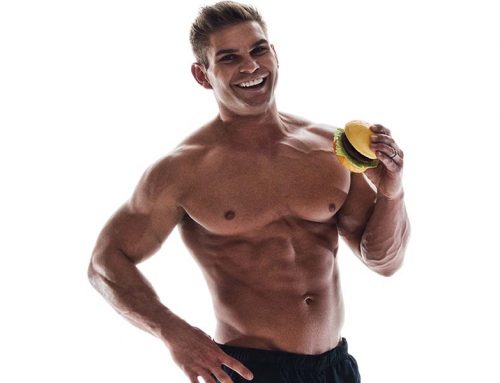
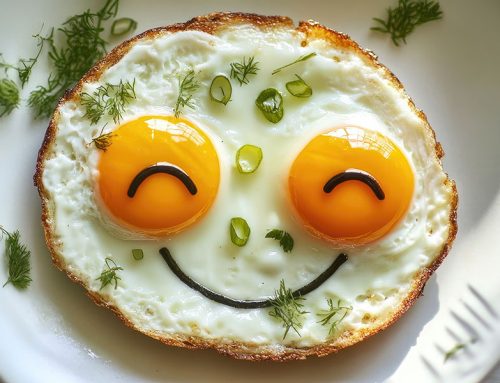
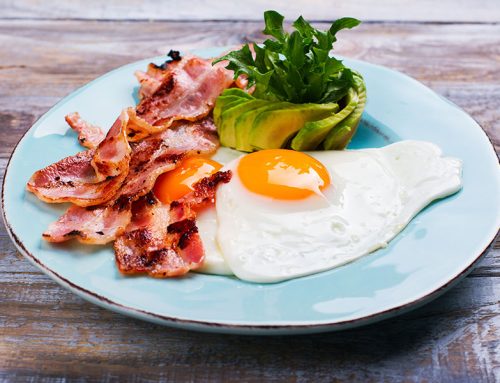
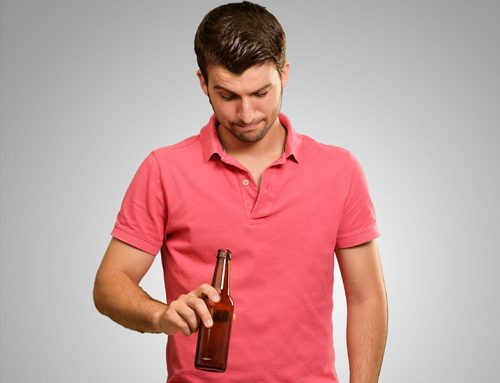
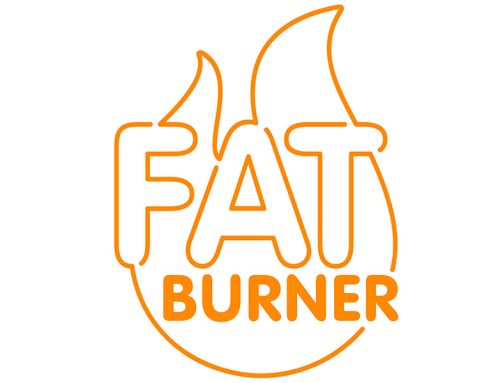
And yet I just read a newer publication recommending as little as 12% protein per day – it was even a book on bodybuilding – and as much as 30% fat. Seems everyone isn’t keeping up to date.
Hi,As a 53 year old that recently discovered your Burn the fat book I just wanted to say how much I am enjoying your program. So much in fact that I started a blog and have affiliated with your ebook to spread the word to others.Having tried every weight loss program out there for the last 30 years since having my children I can honestly say that I never found one that was so inspirational, flexible and easy to fit into my lifestyle.I found after following the program for just a short while that I quite easily fell into good habits and wasn’t at all tempted by all the usual things that have pulled me off the wagon in the past.There is no substitute for feeling fit, healthy and energised as you grow older, I now feel that I have more energy than I did in my thirties.Thank You Tom Venuto……..you’re a life saver!
I have researched dietary thermogenesis for awhile now but when I came across your post it all made perfect sense. I have been eating more lean protein and have seen some great difference in the way I look and feel. Thank you for this great tips.
I eat like a vegetarian, I listed everything I ate for a week before I saw a nutritionist and on my biggest calorie day I ate 760 calories. I even had a twinkie on this day. I just don’t feel hungry. I know this is bad but how do I eat more if I am not hungry. I eat a smoothie 10oz in the morning or 2eggs with cheese, lunch is usually veggies 1/2cp with beans or some meat alternative, dinner is the same as lunch with some kind of sauce and cheese added. I tend to drink a lot, I go through a gallon of lemon water in four hours and I am still thirsty. I tend to have low blood sugar and my doctor put me on a B vitamin supplement. I have started walking to loose the weight I have gained over the last five years but how do I increase my calorie intake?